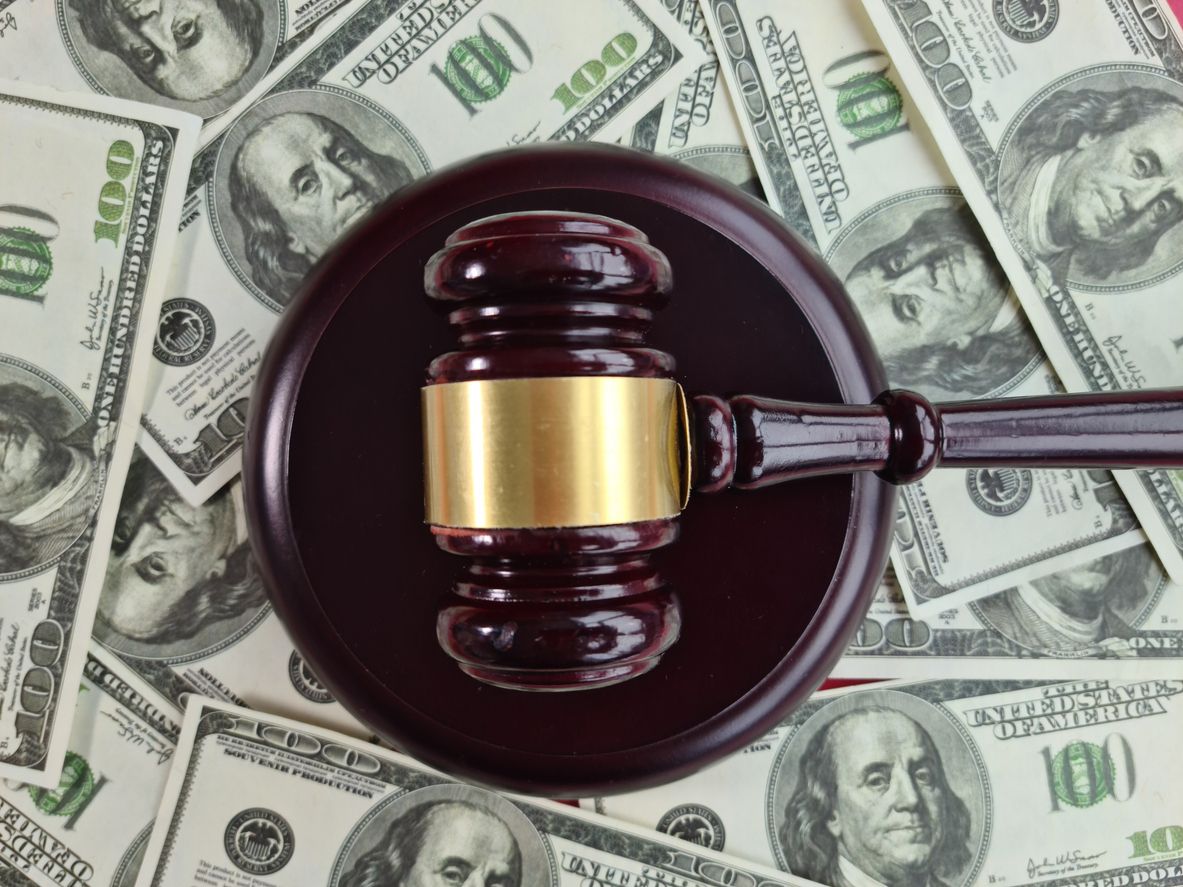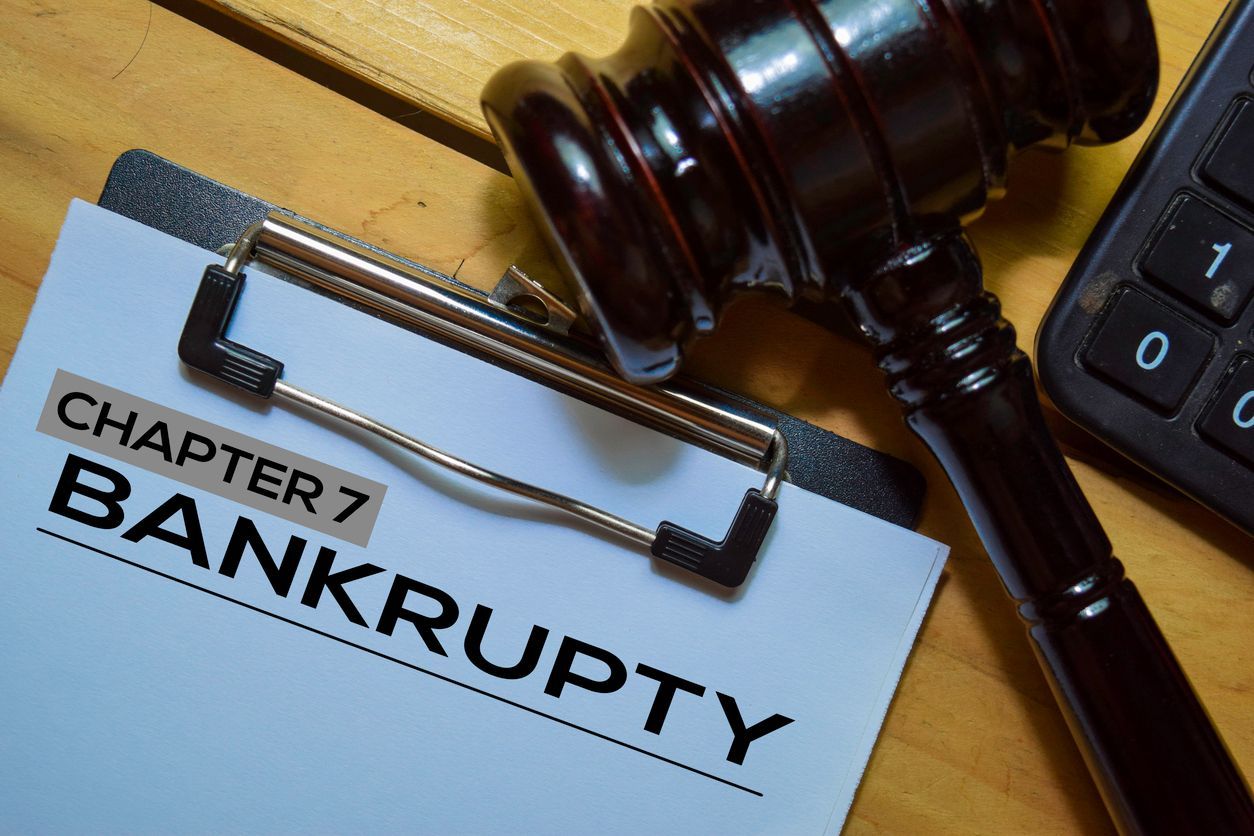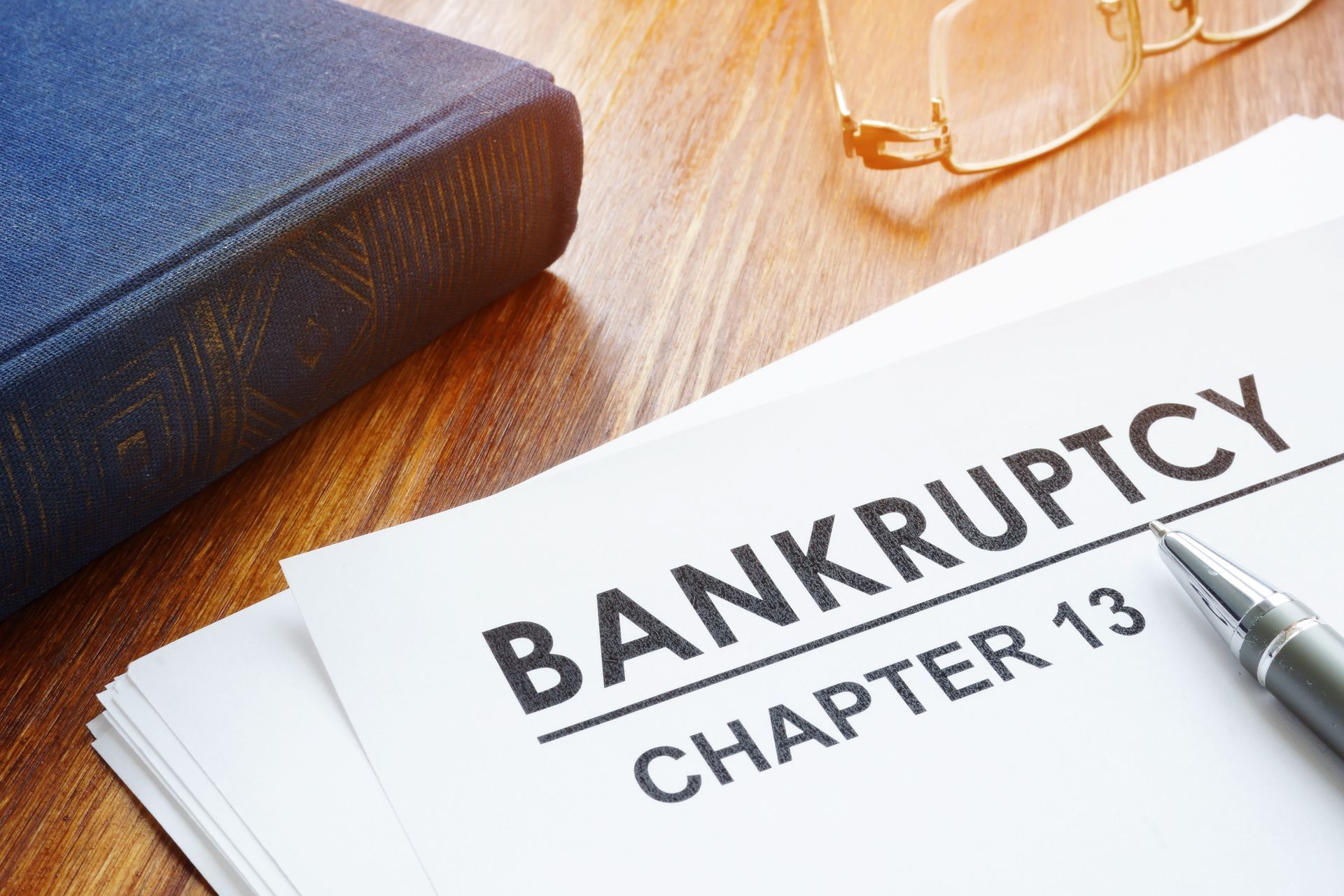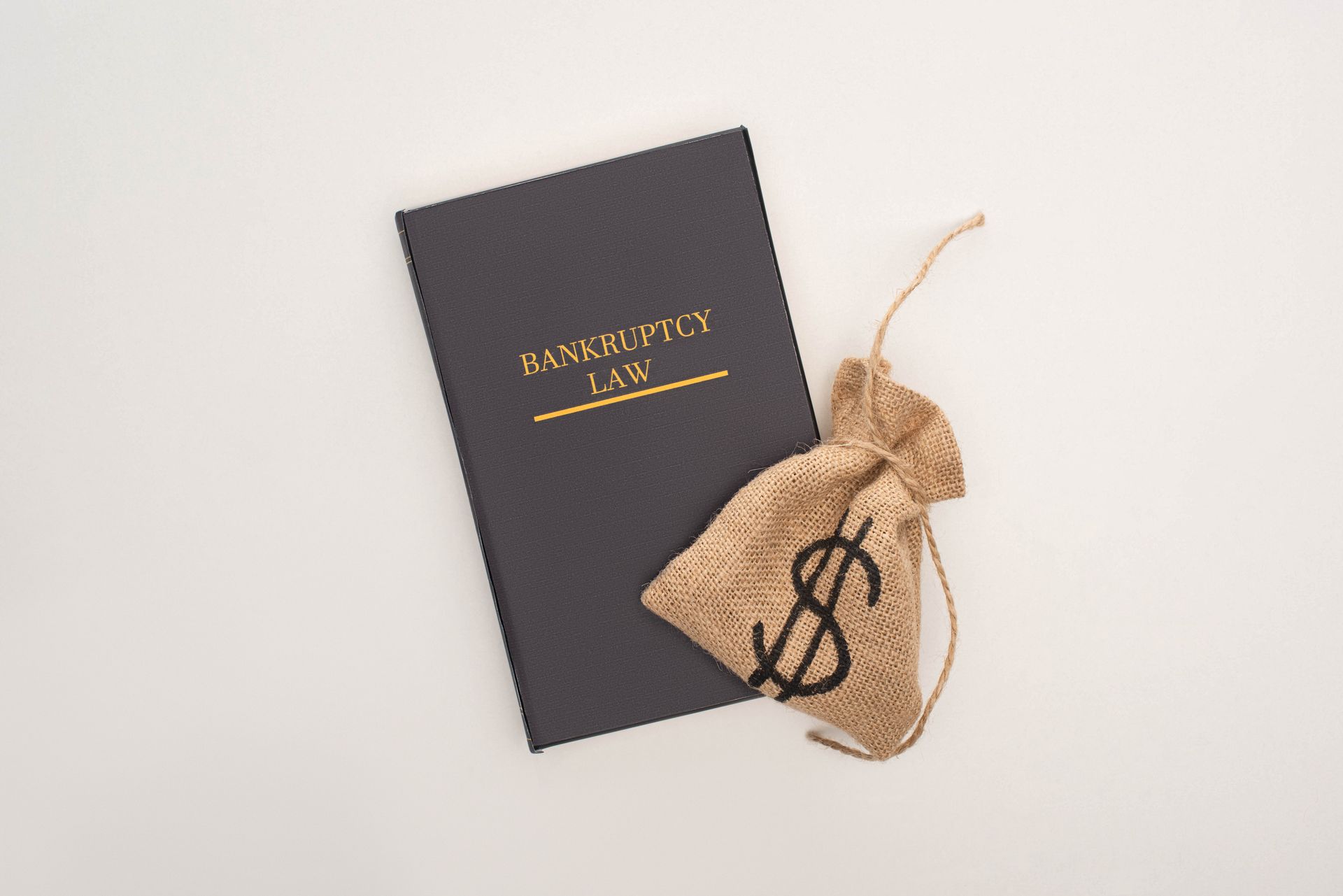The Benefits of Filing for Chapter 13 Bankruptcy in North Carolin
Filing for bankruptcy can be a daunting decision, but for many individuals facing overwhelming debt, it provides a path to financial stability and relief from creditor harassment. In North Carolina, Chapter 13 bankruptcy offers unique benefits that can help you manage your debt and protect your assets. Understanding these benefits can help you make an informed decision about whether Chapter 13 bankruptcy is the right choice for you.
Understanding Chapter 13 Bankruptcy
Chapter 13 bankruptcy, often referred to as a "wage earner's plan," allows individuals with a regular income to develop a plan to repay all or part of their debts over a period of three to five years. Unlike Chapter 7 bankruptcy, which liquidates assets to pay creditors, Chapter 13 focuses on debt reorganization and repayment.
Key Benefits of Filing for Chapter 13 Bankruptcy in North Carolina
Debt Repayment Plan
- Manageable Payments: Chapter 13 allows you to create a manageable repayment plan based on your income and expenses. This plan can help you catch up on past-due amounts and pay off your debts over time without the immediate pressure of lump-sum payments.
- Protection from Creditors: Once you file for Chapter 13, an automatic stay is issued, stopping all collection actions, including foreclosure, repossession, and wage garnishment, providing you with much-needed relief and time to reorganize your finances.
Protection of Assets
- Home and Car Protection: Chapter 13 can help you save your home from foreclosure and your car from repossession by allowing you to include past-due mortgage or car payments in your repayment plan. This gives you the opportunity to catch up on missed payments and keep your valuable assets.
- Exemptions: North Carolina law provides specific exemptions that protect certain property and assets from being included in the bankruptcy estate, ensuring that you retain essential items necessary for your daily life.
Debt Discharge
- Discharge of Unsecured Debts: Upon successful completion of your Chapter 13 repayment plan, any remaining unsecured debts, such as credit card debt and medical bills, can be discharged. This means you are no longer legally obligated to pay these debts, providing you with a fresh financial start.
- Reduction of Secured Debt: In some cases, Chapter 13 allows for the reduction of secured debts through a process called "cramdown," where the amount owed on certain secured loans is reduced to the value of the collateral securing the loan.
Credit Score Improvement
- Credit Rehabilitation: Although filing for bankruptcy affects your credit score, completing a Chapter 13 repayment plan can demonstrate responsible financial behavior to future creditors. Over time, this can help improve your credit score and make it easier to obtain credit in the future.
Eligibility for Chapter 13
- Income Requirements: Chapter 13 is available to individuals with a regular income, making it a viable option for those who do not qualify for Chapter 7 due to higher income levels. This ensures that individuals with sufficient income can still access bankruptcy protection and restructure their debts.
Filing for Chapter 13 bankruptcy in North Carolina offers significant benefits, including manageable debt repayment plans, protection of assets, discharge of unsecured debts, and the potential for credit score improvement. If you are struggling with overwhelming debt and need a structured plan to regain financial stability, Chapter 13 bankruptcy may be the right solution for you. Contact The Law Office of Calvin Craig for a consultation. Our experienced attorneys can guide you through the bankruptcy process and help you achieve the financial relief you deserve.











